Surge in mental health issues among younger employees in Japan

Younger employees’ mental health struggles, exacerbated by pandemic-induced stressors, highlight a concerning trend in workplace wellbeing.
Firms in Japan raise wages by record amount in 2023
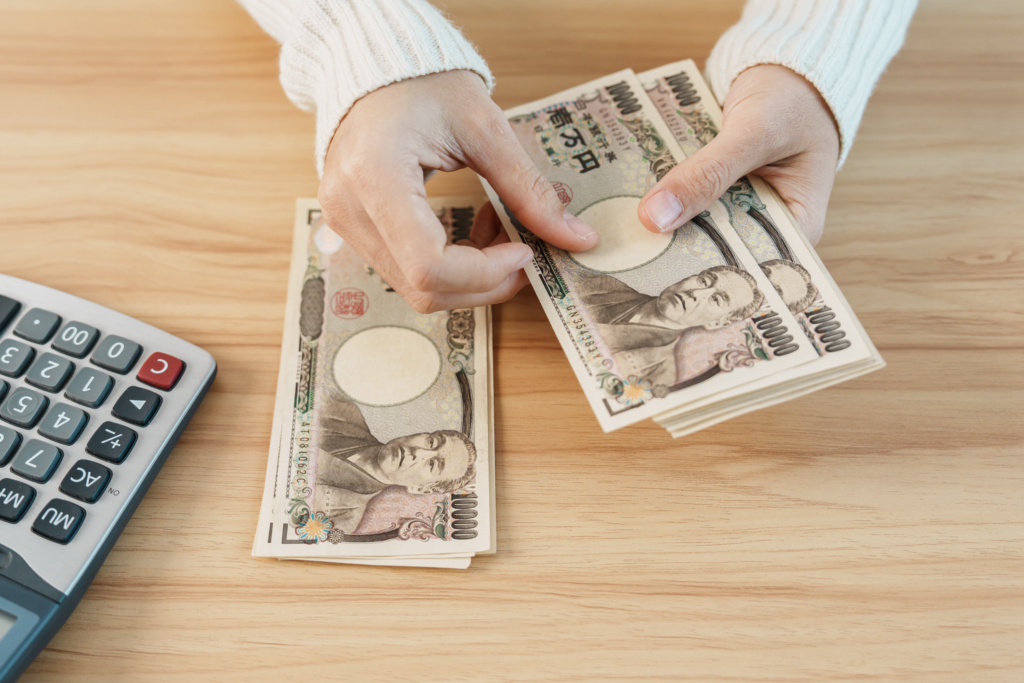
An increase in monthly pay marks a significant economic shift and emphasises the importance of wage increases in Japan.
Employees in Japan take more paid leave in 2022

Amidst progress in Japan’s workforce taking more paid leave, challenges loom as the government aims for a 70% utilisation rate by 2025.
Japan proposes expanded accident compensation for freelancers

By autumn 2024, Japan plans to enhance freelancer confidence by expanding employees’ insurance coverage.
Japan city promotes male childcare leave in SMEs
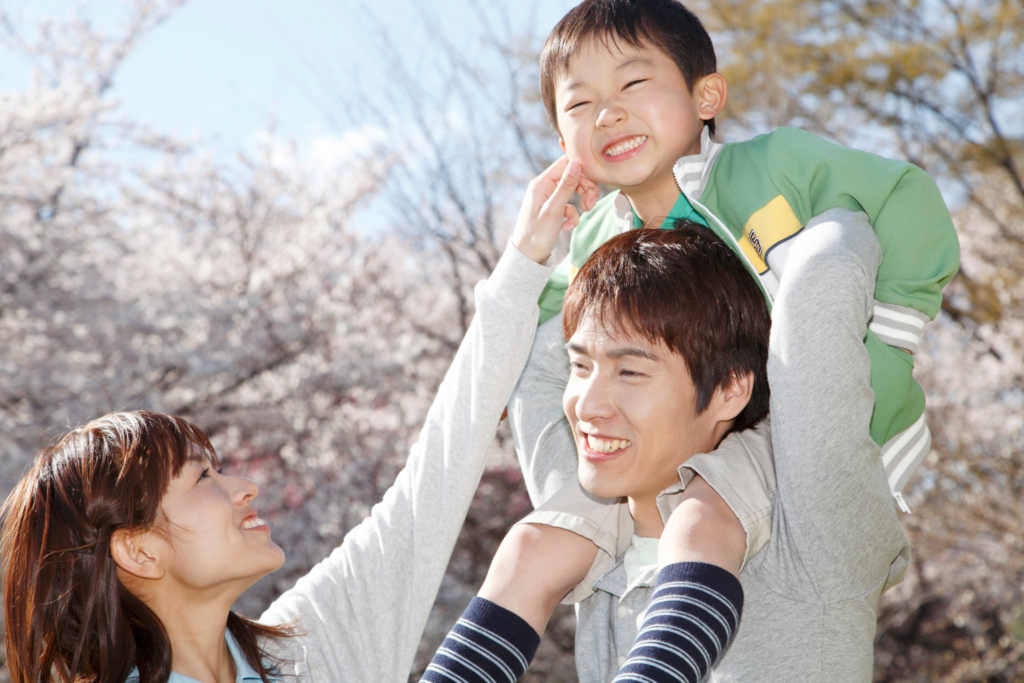
The city of Tsukuba in Ibaraki Prefecture is pioneering Ibaraki’s first initiative, incentivising male SME employees to take childcare leave.
Organisations in Japan urged to consider wage hikes exceeding 4%
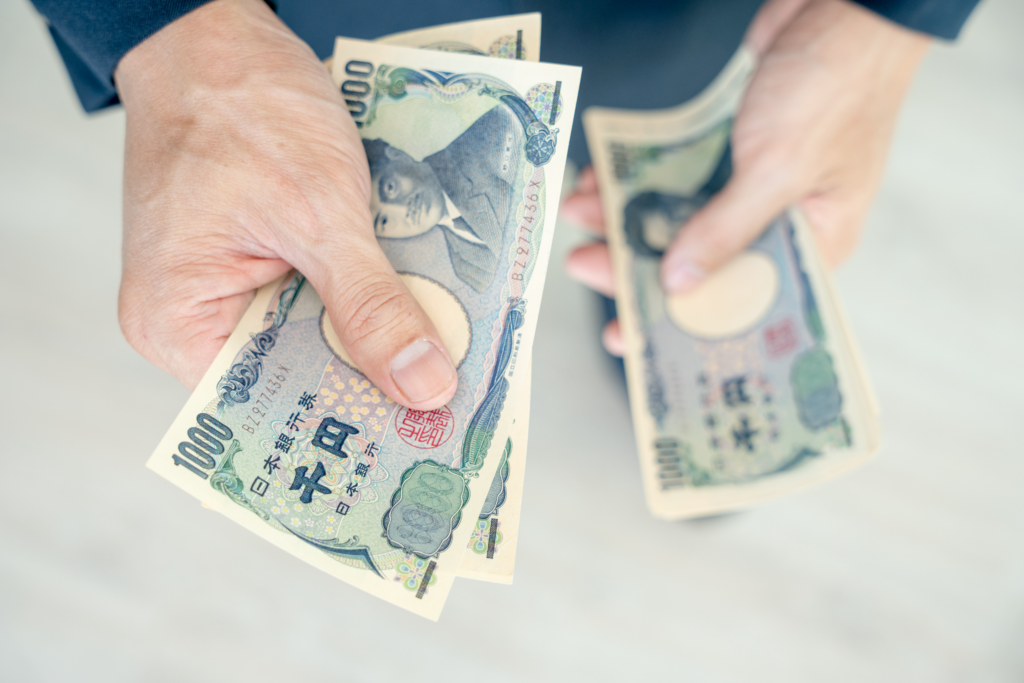
As inflation outpaces the highest pay hike in 31 years, Japanese labour unions demand substantial wage increases in the coming year.
Firms in Japan urged to cease pressure tactics on job-hunting students

The University of Tokyo warns against coercive job practices limiting students’ freedom and career choices.
Employees in Japan may be some of the unhappiest in the world

Employee wellbeing in Japan is falling far below the global average, with many employees feeling dissatisfied and stressed at work.
Organisations using improved remuneration to retain best talent

To keep their workforce motivated to stay, many organisations in Japan raised wages for their employees in 2022.
Greater female leadership representation benefits firms in Japan

Organisations in Japan hiring more female directors have outperformed the Topix index by 7%, underscoring the potential of gender diversity.
Japan’s labour union pushes for pay hike in 2024
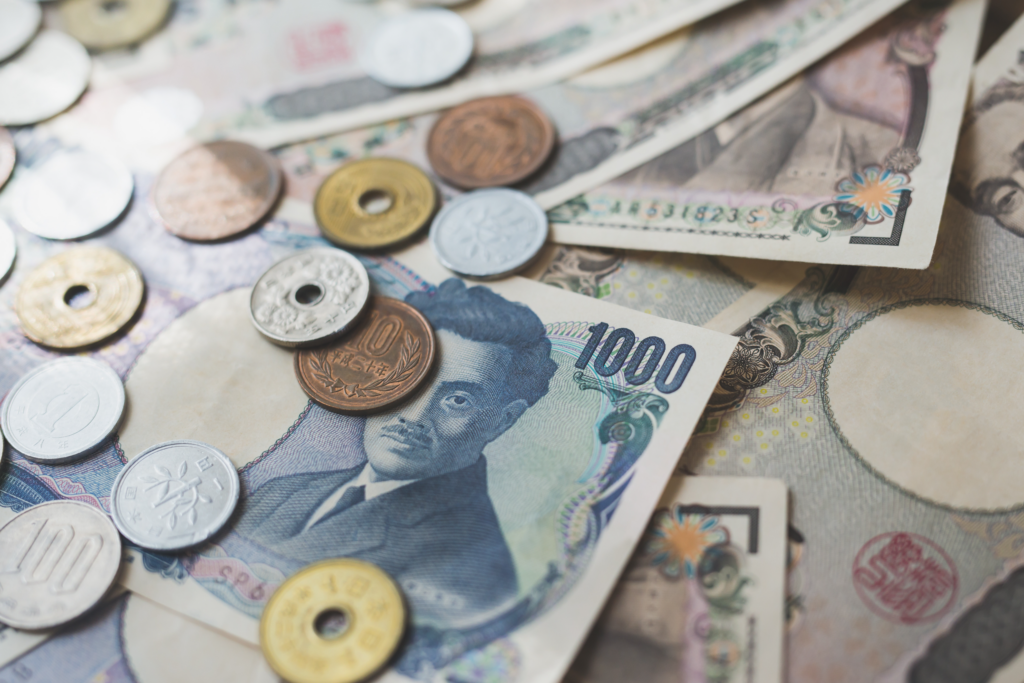
A 5% salary hike should be a bare minimum and better-performing firms should pay their employees more, said the country’s largest labour union.
Japan struggles to address work-life balance issues
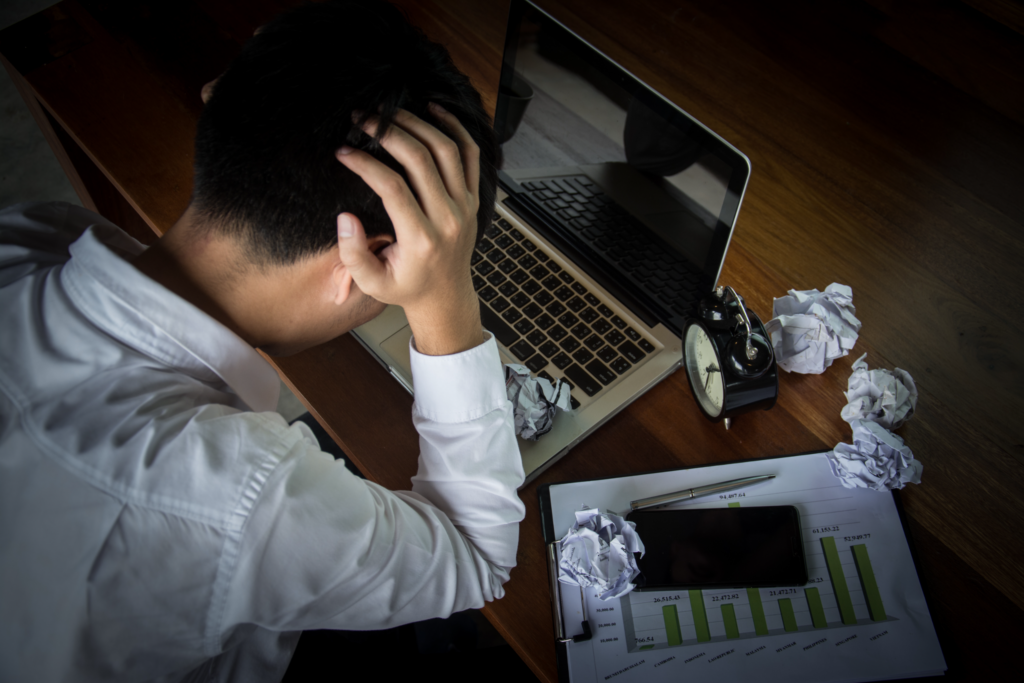
Japan’s insufficient sleep crisis is linked to daytime fatigue, reduced focus, and severe conditions like depression and anxiety.
Some employees in Japan reluctant to take leave even after encouragement
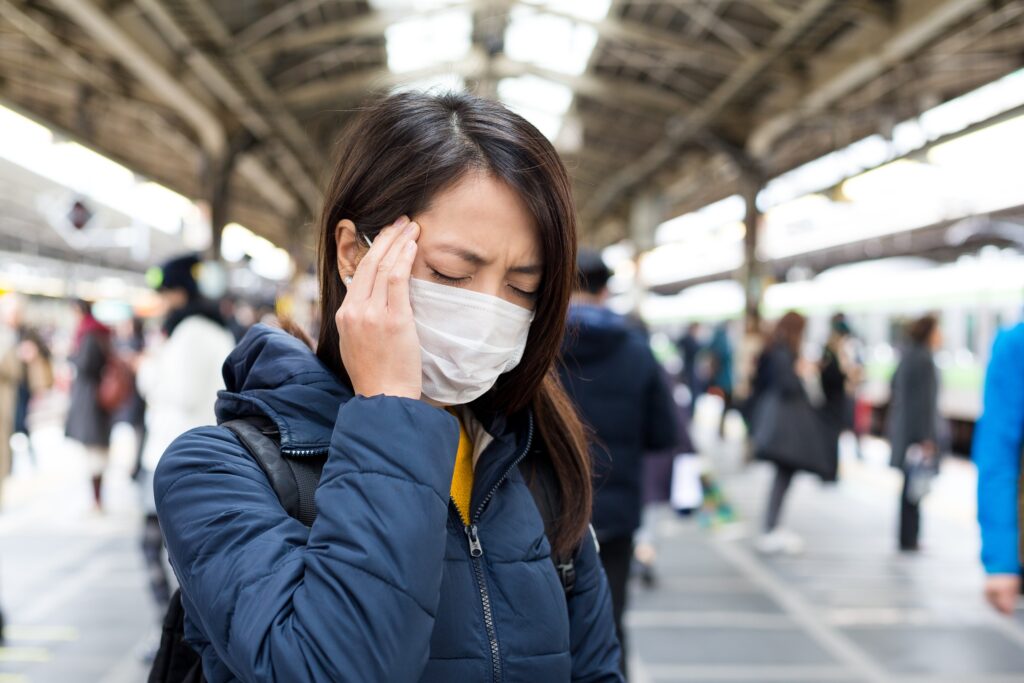
Deeply entrenched traditional beliefs in Japan that colleagues are inconvenienced are discouraging some employees from taking annual leave.
Japan leads G7 in drafting code of conduct for generative AI

Digital watermarking will be prioritised to verify AI-generated content under a proposed AI code of conduct.
Wage hikes will be sustainable for businesses: Japanese PM
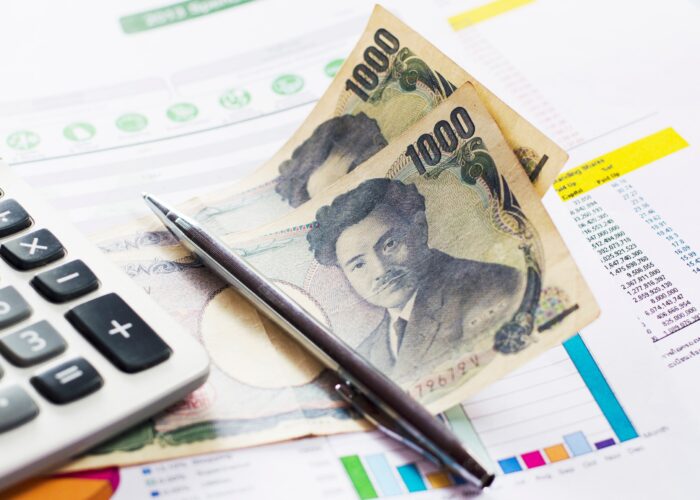
The Japanese government is focused on accelerating wage growth and has vowed more support to help businesses cope.
Rehiring former employees gaining momentum in Japan

Citing reasons such as better employee match and understanding of organisational style, more firms in Japan are welcoming back ex-employees.
Employees with differing needs seek supplementary employment in Japan
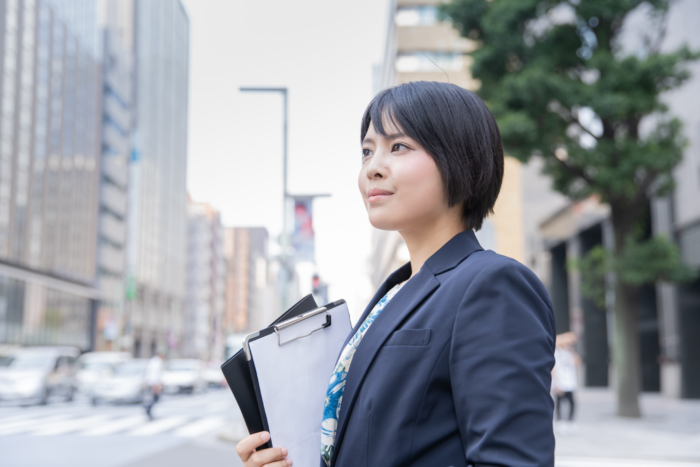
With encouragement from the government, two groups of employees have emerged as most likely to seek secondary jobs in Japan.
Japan plans to subsidise organisations offering parental leave

In the coming fiscal year, organisations will receive financial support to offer allowances to employees covering colleagues on parental leave.
Organisations in Tokyo lack disaster preparedness
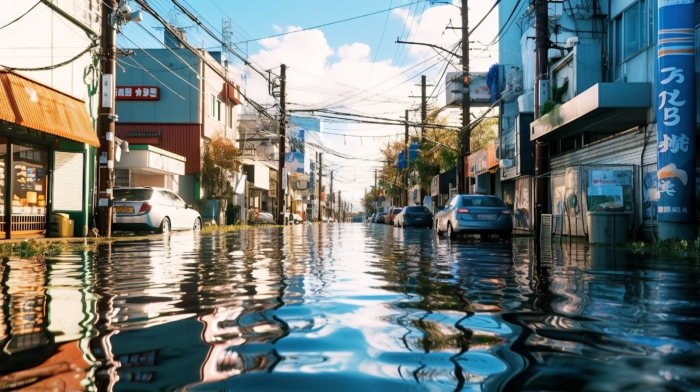
Many organisations operating in Tokyo have not drawn up continuity plans that will help them manage the spillover effects of natural disasters.
Firms in Japan reduce remote work despite employee demand

Remote work remains popular amongst employees in Japan, but organisations are demanding employees return to work onsite.
More male employees in Japan took paternity leave in 2022
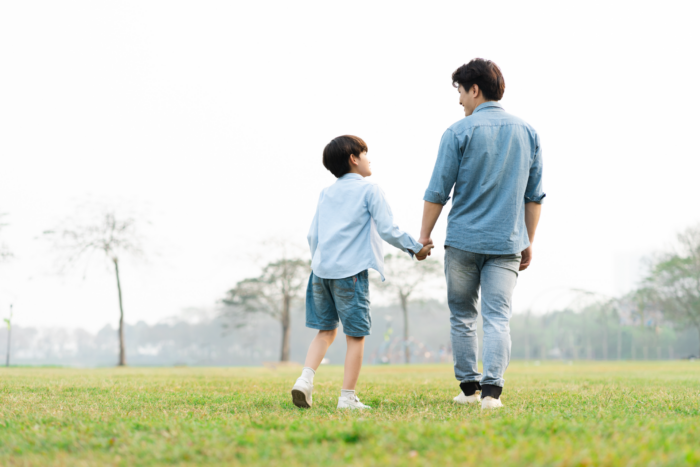
The financial and insurance sectors led in paternity leave uptake at 37.28%, while the hospitality and retailing showed modest 9.06% participation.
Japan pushing for more inclusive corporate leadership

While there has been an improvement in gender diversity, the government is pushing for more listed organisations to embrace gender diversity.
Japan expects to hit minimum wage milestone in 2023
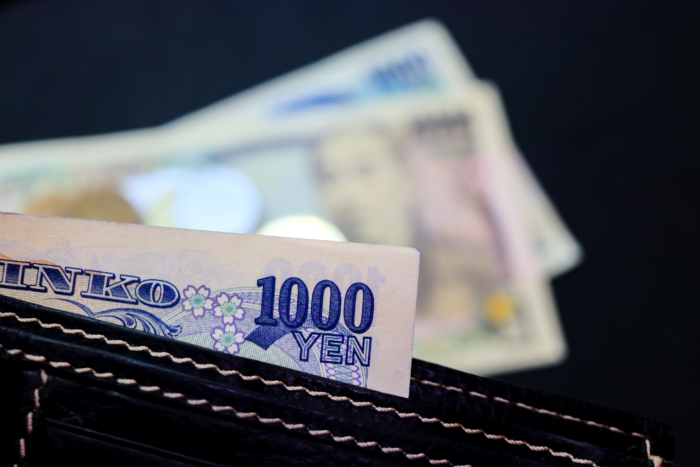
The hike is seen as crucial for overall wage growth despite organisations struggling to secure employees amid a labour shortage.
Organisations in Japan offer restricted stock to attract talent

Organisations like Sony and Renesas Electronics are turning employees into stakeholders to foster loyalty and drive organisational success.
Number of women working in Japan hits record high

Increasing gender equality remains a priority for Japan, where women have reached a 53.2% employment rate.
Employees in Japan against returning to the office full time
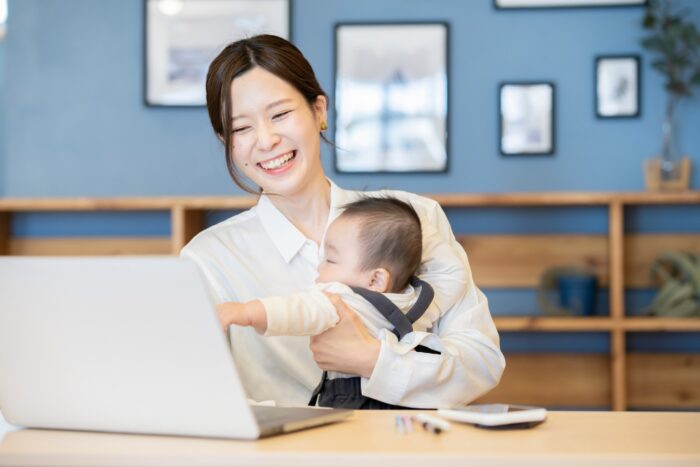
More employees, especially those who are raising children, will look to quit if their organisation do not offer more flexible work options.
ChatGPT usage at work differs between countries like US and Japan

The use of AI-powered tools like ChatGPT differ greatly in usage between countries, due to a gap in awareness and understanding of the tools.
Use of AI in job applications frowned upon in Japan
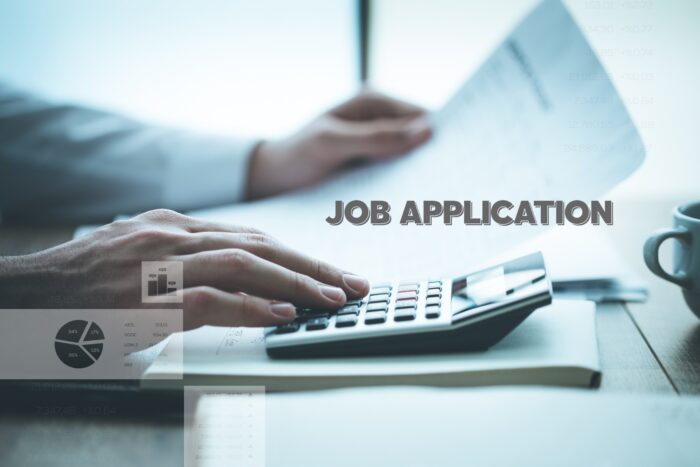
Several firms in Japan have raised concerns about graduates using generative AI tools in job applications, with some calling for a ban.
Japan presents positive employment market after 11-month stagnation
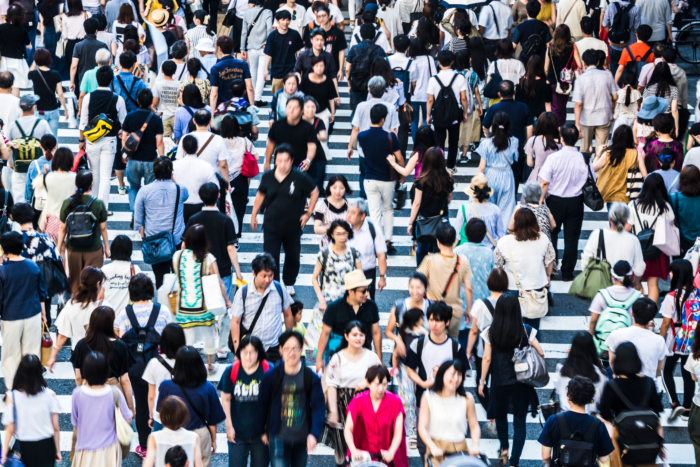
Japan’s jobless rate declined in April as employment trends continued to improve, supported by raising wages.
More NTT employees to be allowed to work remotely
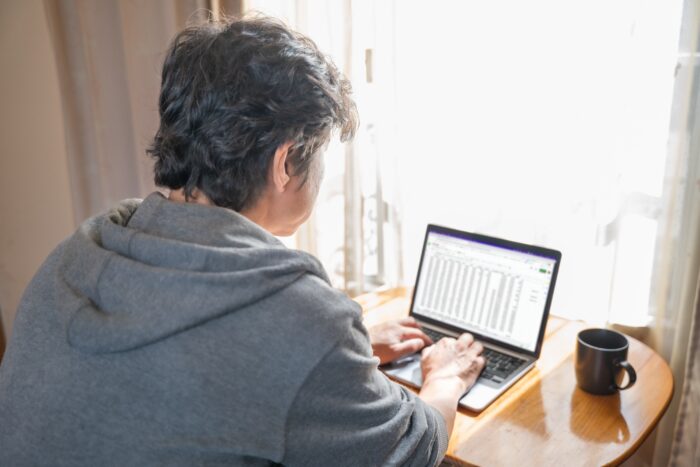
The expansion of a remote work programme that started in July 2022 will help to attract and retain the best talent, says NTT.
